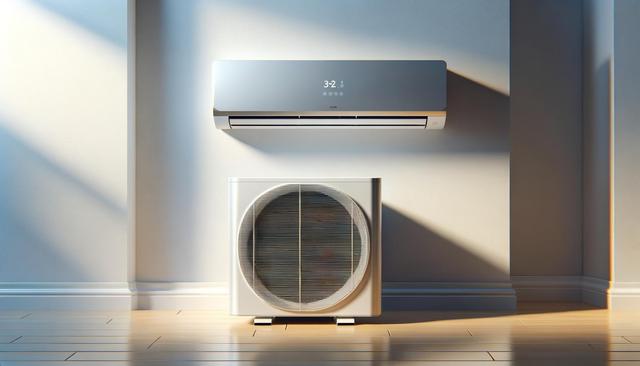Understanding Your Cooling Needs
Before diving into the world of air conditioners, it’s essential to understand the cooling needs specific to your home. Various factors influence these needs, including the size of your space, the local climate, and the level of insulation in your home. A small room may only require a compact, portable air conditioner, while larger areas might benefit from a more robust, centralized system. Start by measuring the square footage of the space you intend to cool. This will help you determine the appropriate British Thermal Unit (BTU) rating for your new air conditioner, ensuring efficient cooling without excessive energy use.
Types of Air Conditioners
There are several types of air conditioners available, each designed to meet different cooling requirements. The main categories include window units, split systems, and portable air conditioners. Window units are a popular choice for single rooms, providing effective cooling at a reasonable price. Split systems, on the other hand, are highly rated for their quiet operation and energy efficiency, making them suitable for entire homes. Portable air conditioners offer flexibility and are ideal for renters or those who frequently move. Understanding the pros and cons of each type will help you make an informed decision that aligns with your lifestyle and budget.
Energy Efficiency and Features
In today’s eco-conscious world, energy efficiency is a critical factor to consider when choosing an air conditioner. Look for models with a high Energy Efficiency Ratio (EER) or those that are ENERGY STAR certified. These units consume less power, reducing your electricity bills and minimizing environmental impact. Modern air conditioners also come with a range of features designed to improve comfort and convenience. These can include remote controls, programmable timers, and smart home integration, allowing you to control your air conditioner from your smartphone or tablet.
Installation and Maintenance
The installation and maintenance of an air conditioner are crucial for its longevity and efficiency. While some air conditioning units can be installed by homeowners, such as window units, others, like split systems, may require professional installation to ensure optimal performance and safety. Regular maintenance, including cleaning filters and checking for refrigerant leaks, will keep your air conditioner running smoothly. Many models have easy-access filters and self-diagnosis features that alert you when maintenance is needed, helping you avoid costly repairs in the long run.
Budget Considerations and Warranties
When selecting an air conditioner, it’s important to balance your budget with your cooling needs. Prices can vary significantly depending on the type, brand, and features of the unit. While it might be tempting to opt for the cheapest option available, investing in a well-regarded model with a good warranty can save you money over time by reducing repair costs and improving energy efficiency. Many air conditioners come with warranties that cover parts and labor for a certain period, providing peace of mind and protection against unexpected issues.
Conclusion
Finding the perfect air conditioner for your home involves understanding your unique needs, exploring different types, and considering energy efficiency, installation, and budget. By taking the time to research and evaluate your options, you can enjoy a comfortable living environment all summer long, while also benefiting from reduced energy costs and minimized environmental impact.
